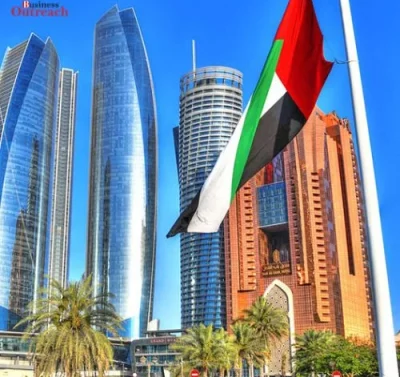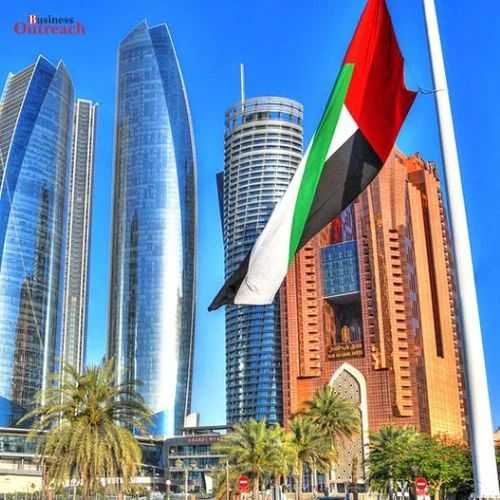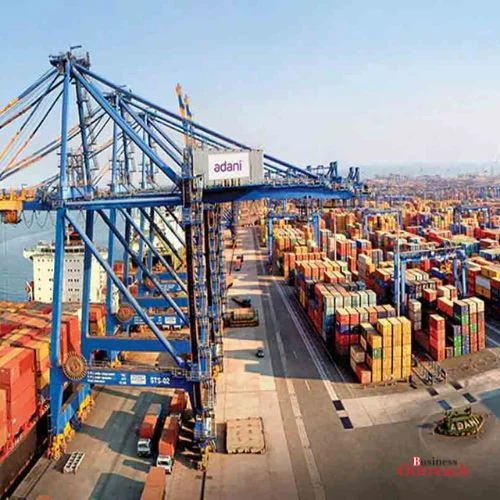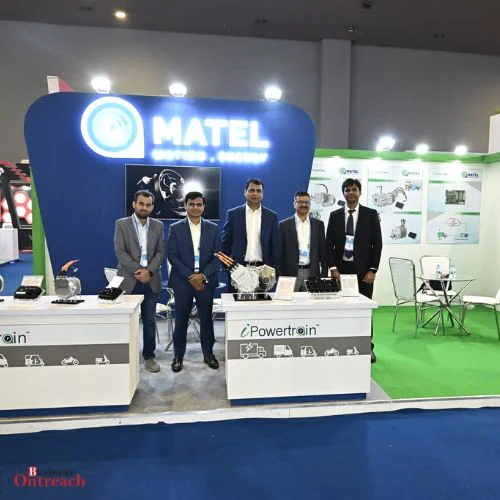Adani Ports and Special Economic Zone (APSEZ), India’s largest port developer and operator, has announced another solid quarter of financial results, capping off a year of robust growth. For the fourth quarter (Q4) of fiscal year 2023-24 ending March 31, APSEZ reported a 76% year-on-year (YoY) rise in net profit to Rs. 2040 crore, driven by strong cargo volumes and operational efficiencies across its portfolio of ports.
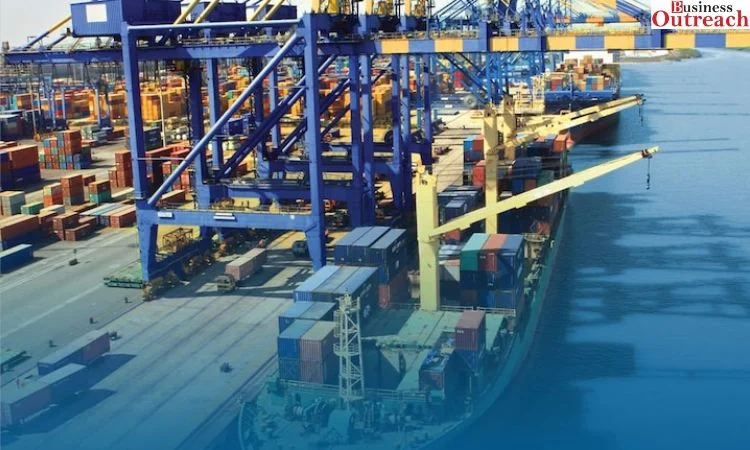
Revenue for the quarter grew 19% to Rs. 6896.5 crore compared to the same period last year. Earnings before interest, taxes, depreciation and amortization (EBITDA) increased 24% to Rs. 4045 crore while margins expanded to 58.6%. The strong Q4 performance helped APSEZ achieve its guidance targets for the full fiscal year despite macroeconomic headwinds faced globally.
For FY24, APSEZ recorded a 28% YoY jump in annual revenue to Rs. 26711 crore and net profit growth of 50% to Rs. 8104 crore. EBITDA margins expanded 150 basis points to 60.3% for the year. Domestic cargo volumes handled by APSEZ ports grew 21% versus the national average of 7.5%, underscoring the company’s market leadership. Overall, APSEZ exceeded its FY24 guidance on key operating metrics like cargo volumes, revenues and EBITDA.
Powering Ahead with Strategic Acquisitions
APSEZ has aggressively expanded its portfolio through strategic acquisitions, strengthening its position as India’s largest integrated transport utility. In recent years, it has acquired the port assets of Dighi in Maharashtra and the Sarguja rail line to link coal mines in Chhattisgarh.
Most notably, APSEZ gained control of Krishnapatnam Port on the east coast last year in India’s largest port deal to date, valued at over $3 billion. This expanded its pan-India footprint and diversified cargo mix. Early this year, APSEZ acquired Gopalpur Port in Odisha, adding another high potential gateway on the east coast.
These acquisitions have significantly increased APSEZ’s capacity to handle a variety of bulk, container and liquid cargo. With a current portfolio of 13 ports and terminals across major commercial hubs, APSEZ is well positioned to capitalize on India’s rising maritime trade. The acquisitions also underscore APSEZ’s financial strength and management’s ability to deliver on an ambitious growth strategy.
Optimizing Existing Assets, Developing New Infrastructure
While pursuing acquisitions, APSEZ is also focused on optimizing capacity utilization at existing ports. Over the past year, it has undertaken infrastructure upgrades and mechanization projects to improve cargo handling productivity. The commissioning of new berths and equipment has enabled several APSEZ ports to operate round the clock.
As a result, cargo volume capacity utilization increased to 67% in FY24 from 56% in the previous year. APSEZ is on track to achieve its target of 75% utilization across ports by 2025. New projects currently underway include the expansion of Mundra and Dahej ports as well as the development of the upcoming Vizhinjam port in Kerala which is expected to commence operations this year.
Once completed, these projects will add over 100 MMT of cargo handling capacity annually. APSEZ is also constructing a logistics park and rail line at Dighi port while developing a liquefied natural gas (LNG) terminal at Jafrabad. Such infrastructure additions will allow APSEZ to provide an end-to-end integrated logistics solution for its customers.
Robust Outlook Backed by Macro Tailwinds
Given the strong momentum in its business, APSEZ has provided optimistic guidance for the current fiscal year 2025. It expects cargo volumes to be in the range of 460-480 MMT for FY25 compared to 400 MMT handled in FY24. Revenue is forecast to grow 11-17% to Rs. 29,000-31,000 crore while EBITDA may rise 14-17% to Rs. 17,000-18,000 crore.
APSEZ is well positioned to achieve these targets riding on India’s economic recovery as well as secular tailwinds in global and domestic seaborne trade. With the country’s merchandise exports expanding over 18% annually, import/export cargo at major ports grew 9-12% in FY24. E-commerce and consumer demand have also boosted container traffic.
Rising coal, iron ore and finished steel shipments support APSEZ’s bulk cargo volumes. Its strategic location on trade routes connecting East Asia, Middle East and Africa also provide access to growing third country volumes. Initiatives to boost manufacturing under Production Linked Incentive schemes bode well for industrial cargo.
As India aims to become a $5 trillion economy, APSEZ will be a key beneficiary of rising infrastructure spending on roads, railways and power projects driving demand for raw materials. The productionization of recently acquired ports and ongoing capacity expansion will help APSEZ leverage this growth. Its end-to-end integrated logistics solutions further strengthen its competitive advantage.
Dividend Announcement
To reward its shareholders, APSEZ has recommended a final dividend of Rs. 6 per equity share for FY24. This is in addition to the interim dividend of Rs. 5 per share already paid out. The total dividend for the year works out to Rs. 11 per share or 550% of the face value. The record date for payment of the final dividend is set for June 14 if approved at the annual general meeting.
This consistent high dividend payout reflects APSEZ’s robust cash flows, strong balance sheet and confidence in the long-term outlook. It underscores management’s commitment to enhancing shareholder value even as the company continues to reinvest in growth. With APSEZ well on track to achieve its strategic and financial targets, investors can expect further upside from this ports powerhouse in the coming years.
In conclusion, APSEZ has delivered yet another impressive quarter, capping off its best financial year so far. Backed by strategic initiatives, ongoing projects and a supportive macro backdrop, the company is poised to continue outpacing industry growth. Its dominant market position, integrated business model and healthy financials make APSEZ an attractive play on India’s rise as a global trade and logistics hub.






